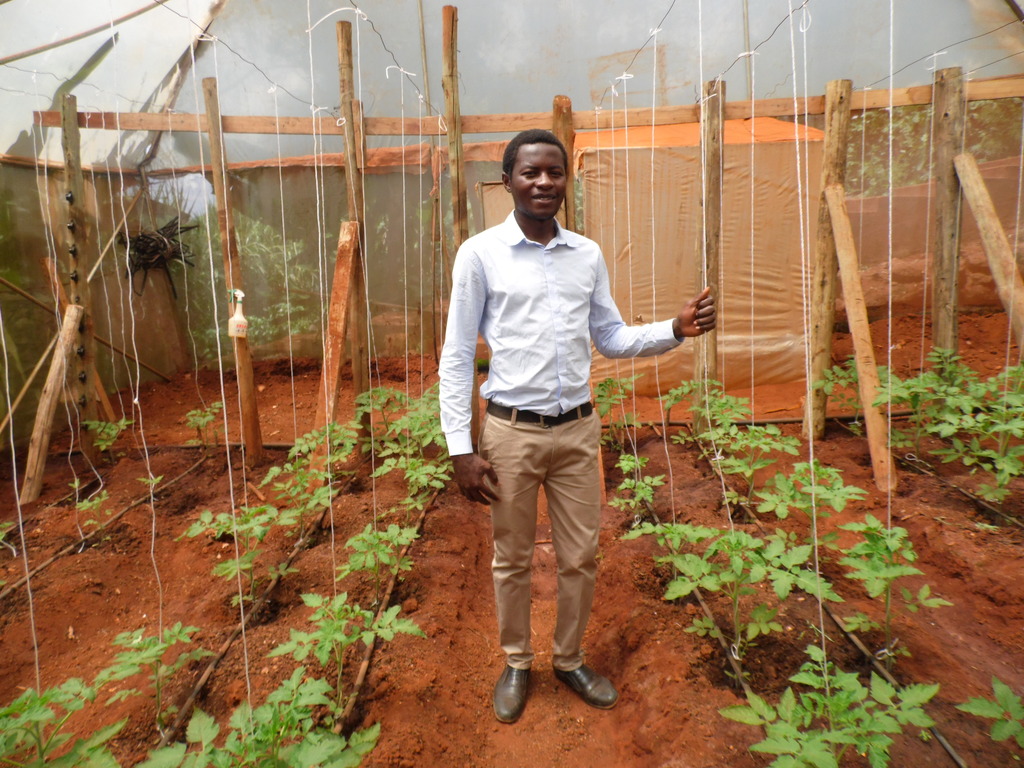Farmers, who make up to 100 per cent losses due to attack of crops by nematodes and wilts, can control the microbes by dredging soils using trichoderma fungus.
Nematodes, bacteria wilt, fusarium wilt among other disease causing pathogens have been classified by other farmers as ‘HIV’ to mean that once they attack crops, recovery is rare and most chemical controls are not effective in eradicating the microbes.
They attack and block roots of tomatoes, pepper, capsicum, black night shade, cucumber, Irish potatoes, among other crops in the solanaceae family.
Related News: Kwale farm using spirulina supercrop to combat endemic malnutrition
The blockage interrupts translocation of food as well as minerals and water. The leaves turn yellow, showing deficiency of minerals. The crops start wilting before dying in a few days.
Real IPM Agronomist and environmental expert Isaac Guda said trichoderma fungus is an effective control of these deadly pathogens.
“Trichoderma is an aggressive fungus, which once introduced into the soil quickly spreads to the roots area to give them immunity. It multiplies quickly to form colonies, which shield the roots against entry of other pathogens,” Guda said.
If for instance, nematodes have attacked the roots of tomatoes, trichodrema’s ‘roots’, called hyphae, penetrate into the body of the pathogen and draw out nutrients. This leads to death, the agronomist said.
Related News: Liming improves yields of depleted Western Kenya soils
Related News: Soil tests crucial for obtaining top yields
In application, 2ml of the solution with the fungi is added to one liter of water for dredging the root region.
On first month, dredging has to be done weekly while on the second month application is done after two weeks. By the third month, the rate reduces to once because the ‘soldiers’ have multiplied and secured the region.
But if the pathogens have already colonised the region, the trichoderma eliminates them and initiates crop healing by triggering growth of new roots, Guda said, adding that that is why it is also called a biofertiliser.
Real IPM can be contacted on +254725806086

















Comments powered by CComment